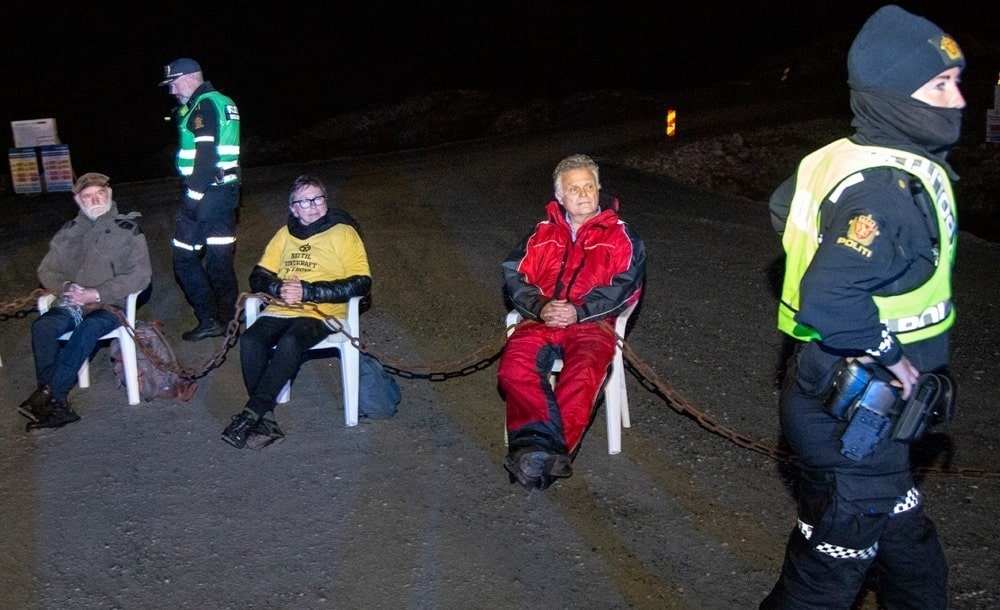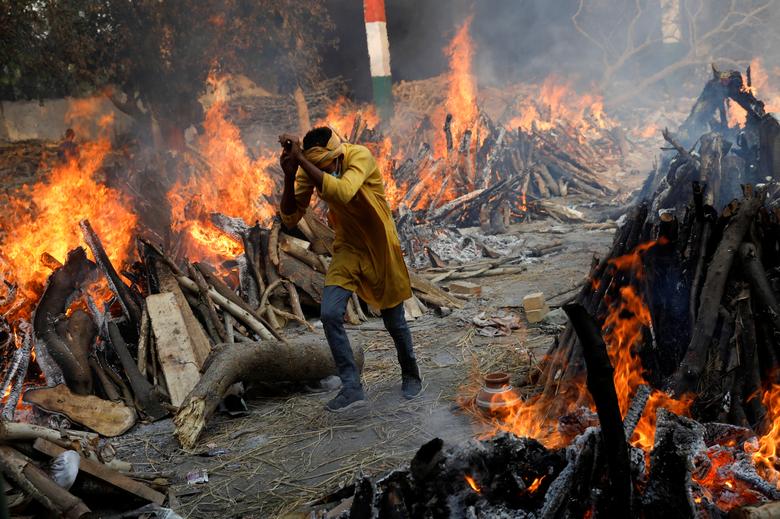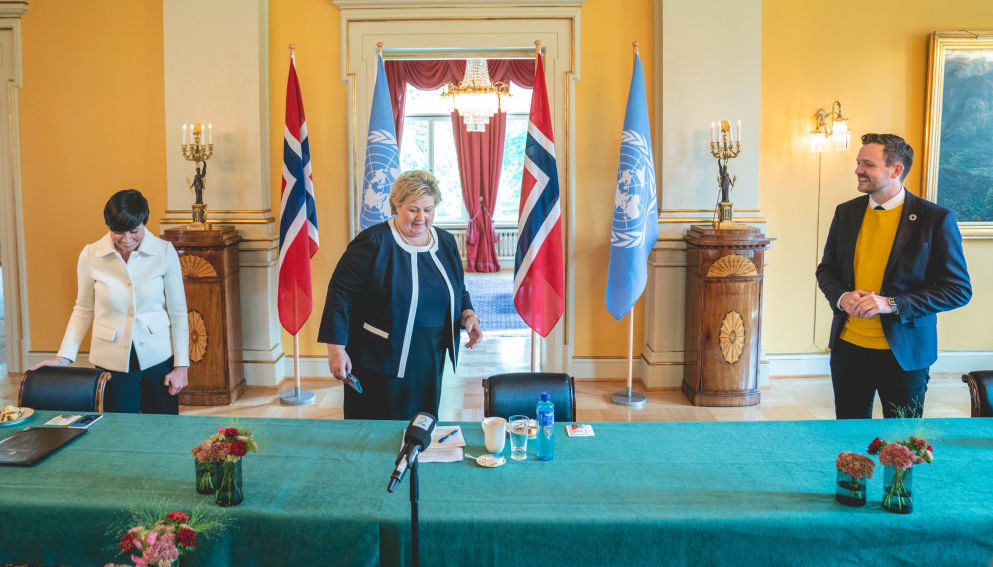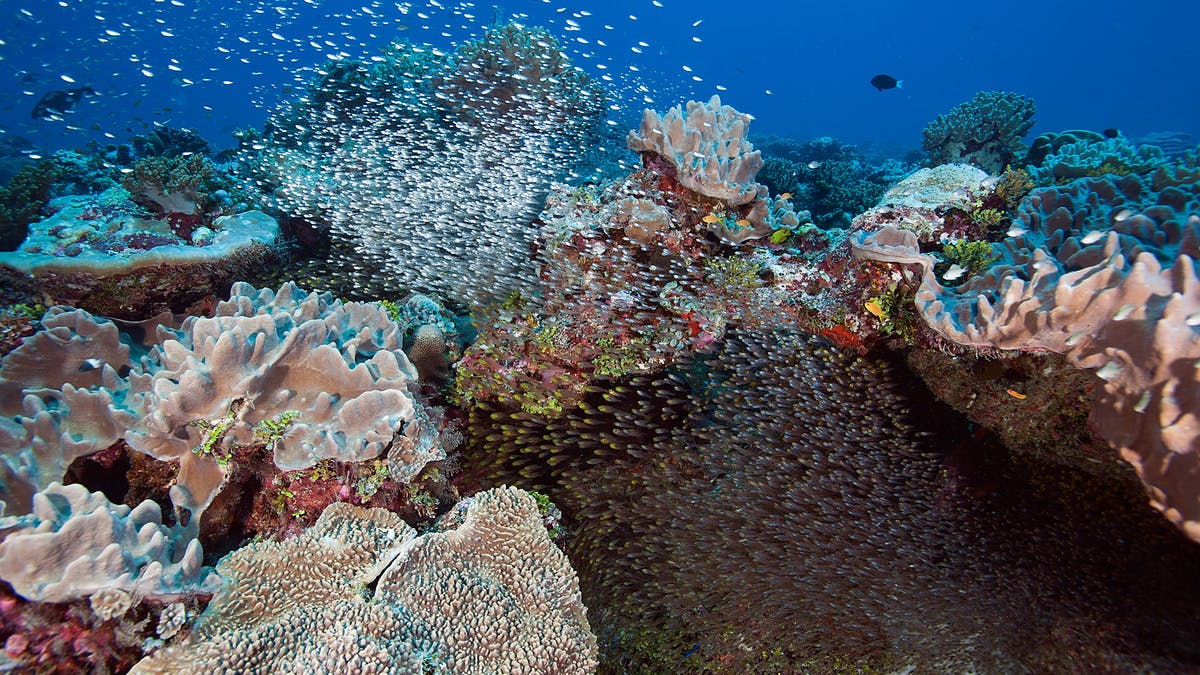
The politicians in the Storting decided to demolish Norwegian nature with wind turbines, without an open, informed debate. It provided powerful forces to prevent.
By Christina Fjeldavli, first published in Norwegian in Harvest Magazine.
If Henrik Ibsen had lived today, I think the wind power case on Frøya would have caught his interest. The Frøya case contains several of the ingredients that are repeated in Ibsen’s plays: double standards, facade games, abuse of power, creative transfer of money, and political conspiracy. While the mayor, the editor, the lawyer, and the wholesaler are portrayed as false and weak with no integrity, the doctor is typically portrayed as a hero. For Ibsen, the doctor represents the scientific, the sensible, and the ethical.
In A Doll’s House (1879), the family friend Dr. Rank is the only man who generally treats Nora in a respectful way. Dr. Relling in The Wild Duck (1884) is, by many, considered to be Ibsen’s mouthpiece when he comes up with his famous words that the average person needs a life lie [no livsløgn, ge. Lebenslüge]. In An Enemy of the People (1882), the doctor Tomas Stockmann is incorrectly designated as an “enemy of the people” because he warns of poisoned bathing water. Stockmann believes that public health must be more important than short-term economic interests. If Ibsen, who liked to use living models for his characters, had lived today, I think he would have cast his gaze on Frøya doctor, Steven Crozier. Like Stockmann, Crozier is a whistleblower and an environmentalist. Both Stockmann and Crozier also believe that consideration for the health of ordinary people must be more important than the prospect of economic profit for a few.
When Ibsen, from the 1870s onwards, wrote his socially critical plays, it was after inspiration from the Danish literary critic Georg Brandes. Brandes claimed that the most important task of literature was to put problems under debate. If we are to have a vibrant democracy, important issues must be raised and debated. The opposite happened ten to fifteen years ago when Norwegian politicians in the Storting decided to demolish Norwegian nature with wind turbines. Strong forces made sure to prevent an open, informed debate.
What took place, and what did not take place, when the wind power development was adopted without prior public debate, is considered by many to be an attack on Norwegian democracy. Norwegian authorities today emphasize the importance of seeking out local nature, but when this nature is destroyed and replaced with monstrous wind turbines, both the Norwegian Directorate of Health and the Ministry of Health and Care Services are absent. Is it the sins of the central health authorities that cause Steven Crozier to take on the demanding role of Dr. Stockmann of our time?
Taking responsibility for public health, without central authorities behind it, is demanding work. For days, nights, weeks, months, and years, Steven Crozier researches to understand how audible noise and infrasound can affect the health of people who have to live near wind turbines. He reads the research that exists on the subject and purchases advanced instruments that can measure the sound waves coming from the turbines with scientific precision. He uses his voice in the public space to inform and educate people of the significant health risk neighbors of wind turbines are exposed to. In a court case, where the judge chooses to disregard the doctor’s responsibility for the patients’ health, he is tried to be branded as a kind of dissident. Crozier puts the hubros and public health before TrønderEnergi’s financial interests. He has become a troublesome doctor who reveals what the Norwegian authorities are trying to hide.

On September 2, 2020, Steven Crozier chooses to chain himself to prevent the transport of wind turbine parts into Nessadalen on Frøya. He is chained to a garden chair, along with six other conservationists. Police Officer Hannah Skarset Kippernes and operations manager Håkon Flor are on site “to ensure the public’s safety during the wide transport to the construction site that night” (Fosen District Court, 11.02.21). The police order the nature conservationists to move, so that the wind power developer TrønderEnergi can complete the industrialization of the Frøya nature. Crozier stays seated. He acts in emergency law, cf. the Penal Code § 17. An act that would otherwise be punishable is legal when the purpose is to protect life, health, property or another interest from a danger of injury that can not be averted in any other reasonable way. If the wind farm is built, there is a great risk that affected neighbors will be exposed to years of health problems. The risk Crozier exposes society to, by being chained to a garden chair, an action that delays TrønderEnergi’s turbine transport by 10-15 minutes, is comparatively negligible.
Steven Crozier is in Fosen District Court on February 11. 2021 sentenced to pay a fine, or go to prison, for failing to comply with the Police’s order to move for TrønderEnergi’s turbine transport on September 2. Judge Marit Wenda Kjørsvik claims that the conditions for emergency law are not present. “The court finds no reason to doubt the explanations of the accused’s witnesses, including Lisa Svalstad and Sveinulf Vågene”, who have explained in detail the negative health effects of living close to wind power plants. According to the judge, however, it is not “of decisive importance for the question of guilt in this case to make a closer assessment of health problems as a result of wind turbines”. What is emphasized is whether Crozier was obedient in meeting the two police officers or not. The judge can in fact “not, on the basis of the evidence, find that there was any danger to life, health, property or other interest that could not be averted in any other way than by failing to comply with the police order on the night of Wednesday September 2. 2020”.
How our greatest playwright would portray political authorities, editors, local politicians, energy companies, prosecutors and judges in the Frøya case, it may be worth reflecting a little on. The doctors who appear in Ibsen’s realistic plays typically represent the scientific, the sensible and the ethical. There are therefore good reasons to believe that Ibsen would portray Crozier as a hero.



